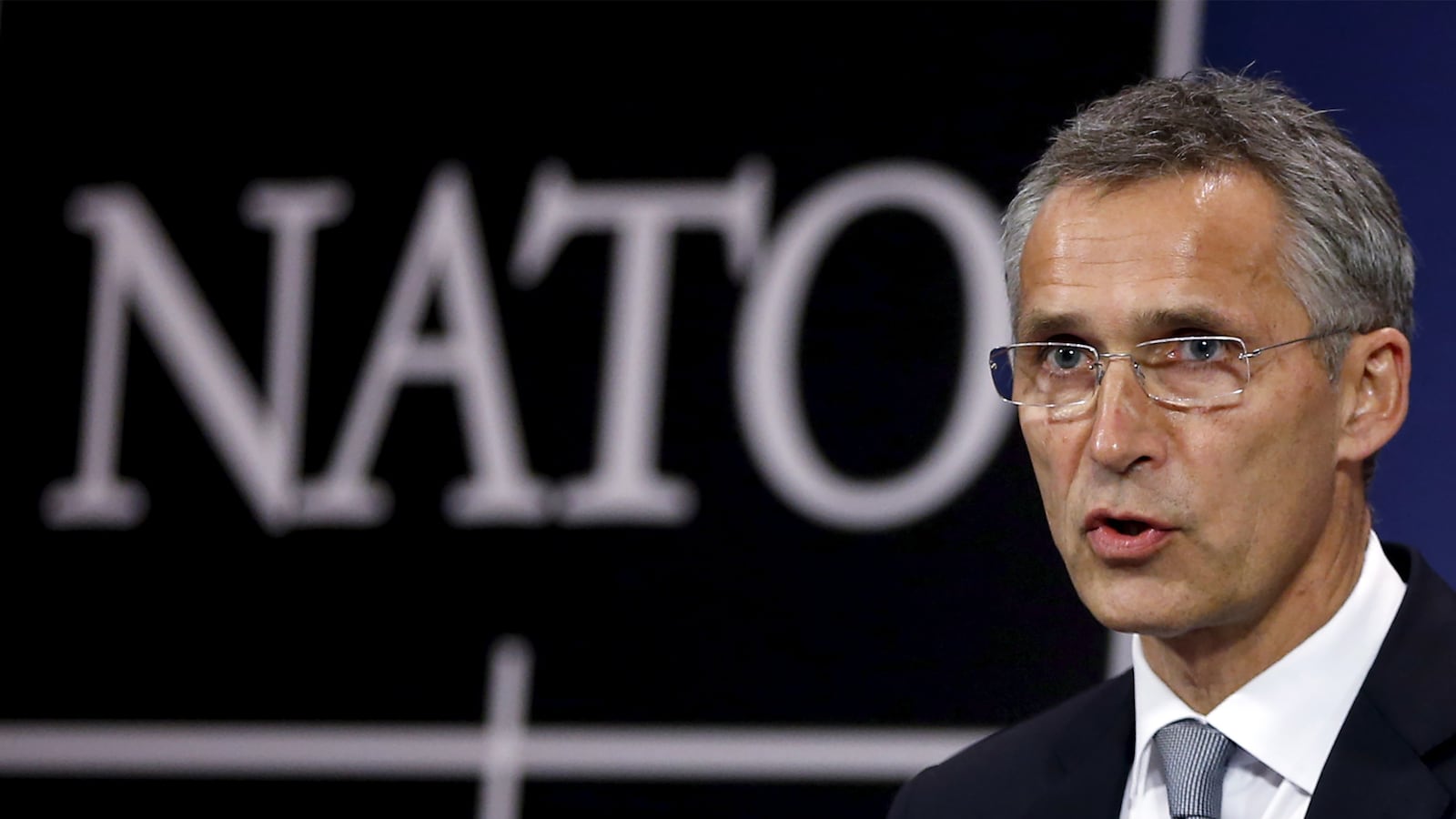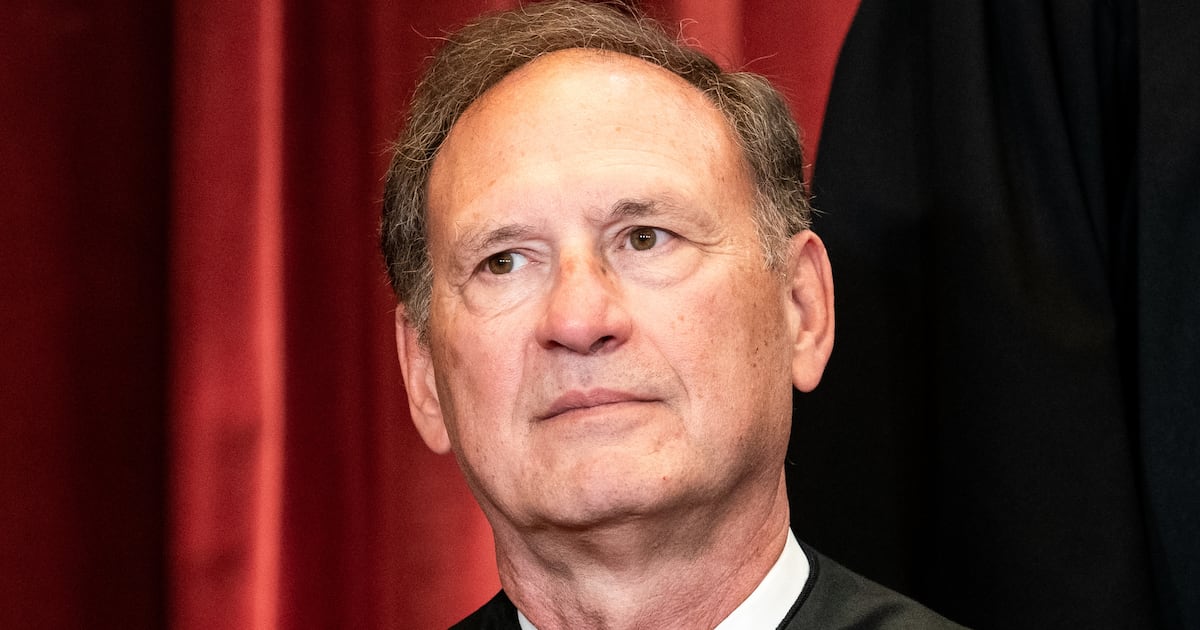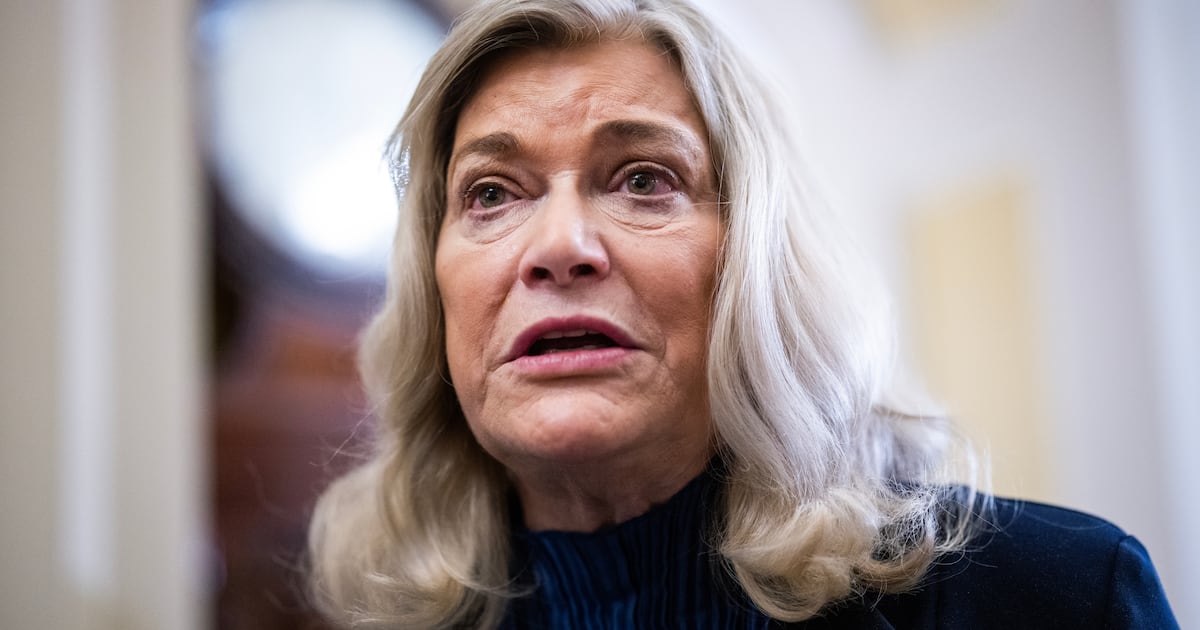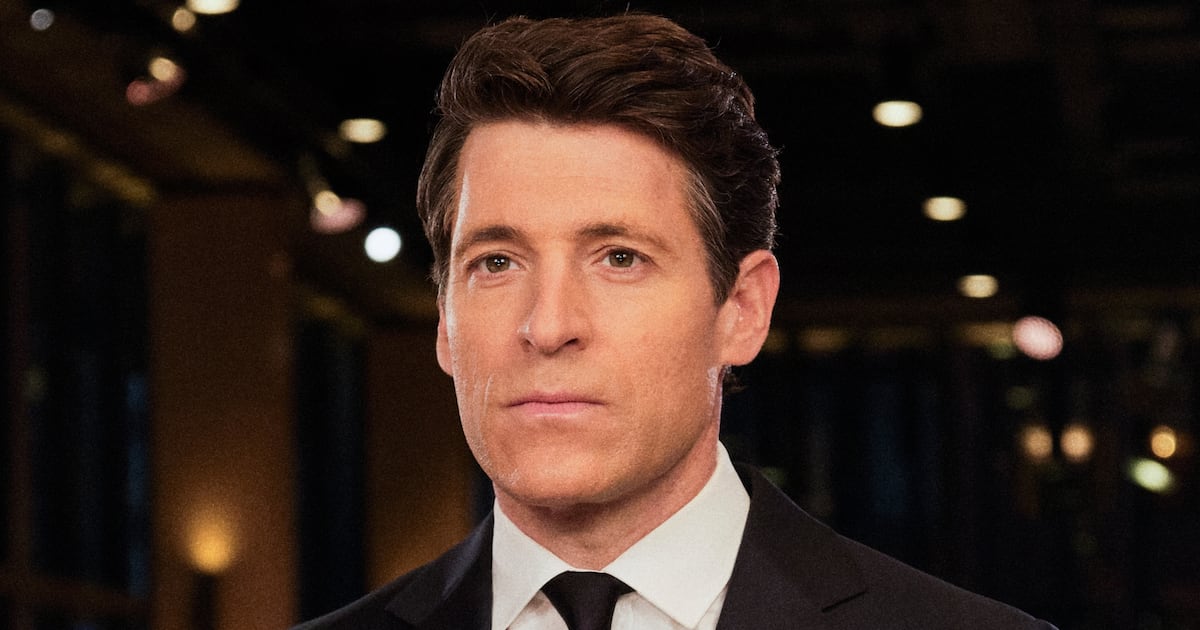PARIS — Less than 24 hours after terrorist commandos from ISIS slaughtered 129 people enjoying themselves at a soccer game, a concert and at outdoor cafés here, French President François Hollande called the attacks an act of war. And he used language that echoed the famous collective defense provisions of the North Atlantic Treaty, which states that an attack on one member of NATO is an attack on them all.
And then NATO did… nothing. No emergency meeting was held. And even though the key members were assembled along with U.S. President Barack Obama at the G20 summit in Turkey over the weekend, they did not invoke Article 5 or call on the alliance for action—giving the lie, it would seem, to the cardinal principle on which it is founded.
So the French air raids on the ISIS capital of Raqqa that began Sunday night are being carried out by France alone, or as part of the shaky ad hoc alliance known as “the coalition.” And meanwhile NATO member Canada, which was part of that coalition, has said it’s taking its warplanes out of action.
Hollande is due to meet with Obama and Russian President Vladimir Putin in coming days, but that, clearly, is outside the NATO context, since Russia is not a member and is perceived as a looming threat by many countries that are members.
But Hollande may be looking for support from someone—Putin, not Obama—who is willing to act dramatically. Symbols, after all, are important in this war, and as the U.S. president’s press conference in Turkey on Monday made clear, he mistrusts them, preferring a methodical approach even if it makes his administration look indecisive.
Such is the state of things that Hollande has decided to invoke Article 42.7 of the European Union's Lisbon Treaty, an untried, untested and fairly toothless expression of solidarity by the member states that proclaims EU countries have "an obligation of aid and assistance by all means in their power" if any member is "a victim of armed aggression."
The move only underscores the weakness of the international commitment to support France in this, its hour of need.
Ivo Daalder, who is now president the Chicago Council on Global Affairs, was Obama’s ambassador to NATO from 2009 to 2013, and he tells The Daily Beast he’s not surprised at the inaction.
Even after the Sept. 11, 2001, attacks on the United States by Al Qaeda, even amid all the outpourings of emotion and anger around the world, the members of the alliance were reticent.
It was the one time in history that the NAC (the North Atlantic Council) agreed to invoke Article 5, but “it did so provisionally on the condition the attack came from the outside and involved foreigners.”
Hollande is building the case day by day that the Paris massacre was planned outside the country—in Syria in territory under the control of the so-called Islamic State. And the killers involved appear to have been a mix of foreign nationals and French citizens who actually mounted the operation out of Belgium.
But if Article 5 is to be invoked, France must make a request (if not a demand) of the alliance, and thus far it has not done so. “Apparently it’s not on the agenda,” said Daalder. “It’s been three days, and the NAC did not meet.” (Which is probably why France opted for the weak work-around with the EU treaty.)
Why would that be? Why not call on NATO to provide collective defense against ISIS?
“The question is, do you want to do it?” said Daalder. “And if you want to do it, what does that mean?” And if that mutual defense provision is invoked, he says, “The real question is, so what?”
Article 5 is a general prescription, Daalder notes. It's tougher than 42.7 in the Lisbon Treaty, but not nearly so forceful as many people think. Nations are required to come to the aid of the party that has been attacked “the best way they can determine,” says Daalder.
When people are dying in the streets, that can seem pretty feeble.
“It’s a statement of principle,” says Daalder. “It expresses solidarity,” and it means “this affects us as well as them.”
“But what it actually means in military terms is TBD,” says Daalder: to be determined.
Conceivably, invoking Article 5 would show that “going after and defeating ISIS then becomes the primary objective in the region.” And 27 NATO countries, from the United States to Estonia, might back that.
But NATO member Turkey? After a horrendous ISIS-linked terrorist attack in Ankara in October, the government there began to strengthen its stand against the so-called Islamic State. But for years it tacitly accepted the terrorists’ use of Turkish territory for everything from oil sales to arms to hospitalization of wounded fighters. With millions of Syrian refugees inside its borders, and sleeper cells developed during the period of tolerance for ISIS activities, it's in a much more vulnerable position than France.
Is Ankara ready to commit itself to mutual defense of Paris cafés and sports stadiums? Given the Turkish govenment’s record, that would seem unlikely.
The bottom line, if Article 5 is invoked in any meaningful way, most likely it won’t be soon.






